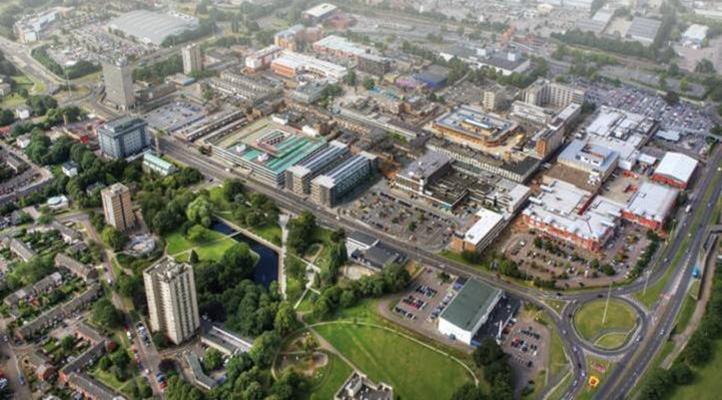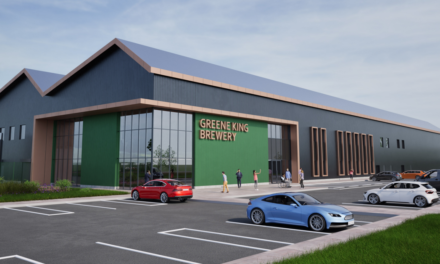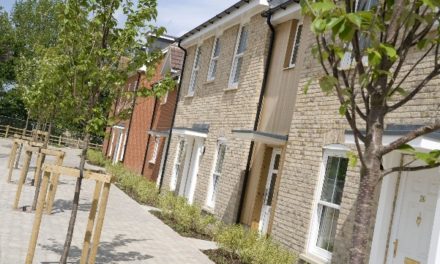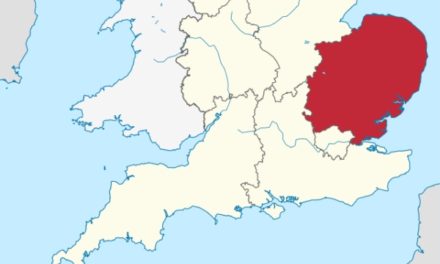Andrew Fisher, Director at Barton Willmore writes about his views on the future of the High Street
The future of our town and city centres is not a new topic of debate. External challenges from the emergence of the out of town retail centre to the explosion of internet shopping has meant that those engaged in urban development across the county have been wrestling with the question of what a successful future town centre looks like in a rapidly changing retail and consumer world.
The recent pandemic has inevitably resulted in an acceleration of these changes. The news in recent weeks has consistently featured the latest closures and retractions of national chains. Retail and hospitality businesses have taken a massive hit. Many household names were already facing challenges before coronavirus and will struggle for months to come.
Against this rather gloomy backdrop, we would like to strike an optimistic tone. Is this now the opportunity for the re-birth of our town and city centres? For the last 20 years we have seen the homogenisation of our high streets with large scale national retailers aspiring to create a consistent retail experience and image, whether shopping in Ipswich or Inverness. This has led to the loss of local identity in our centres and in many cases has had a profound impact on the character of some of our most loved historic places.
High streets have stood at the heart of the retail, leisure and civic life of local communities for decades if not centuries. They are the stage set on which local events are played out, drawing in people from all walks of life to engage and interact. The significance of these often historic places face the double threat posed by decline followed by necessity driven changes to their function and character. Managed carefully, however, this change has enormous potential to revive the place of high streets in the lives of local people and communities, restoring them to their former glory but reenergised for 21st century life. As our national retail sector is forced to re-structure and big chains reduce the number of centres that they want to be in, there is an opportunity for towns and cities to reclaim their identities.
In recognition of this potential – both positive and negative, the Government has already started to support places in re-inventing their centres. The £1 billion Future High Streets Fund and the more recent Town Investment Plan programme have been set up to help local areas to respond and adapt, preparing long-term strategies for their high streets and town centres. Historic England has also launched 69 High Streets Heritage Action Zones that will each take a share of a national £95 million fund. In the eastern region, towns such as St Neots, Clacton, Grays and Yarmouth have bid for Future High Streets Fund, Stevenage is currently preparing its Town Investment Plan and Bedford, Dunstable, Great Yarmouth, King’s Lynn, Lowestoft, North Walsham and Swaffham are all recipients of Heritage Action Zone funding.
These government funding interventions are intended to act as the catalyst that will encourage the wider regeneration of each individual high street and hopefully spark a nationwide response that will breathe new life back into our town centres. Whilst this is important and to be welcomed, the real challenges will likely lie with the fragmented ownership of our centres and approach to rent and lease profiles. The future of national retailers in a leaner, slimmed down model, and the opportunities that this should present for other uses and local businesses to flourish will rely upon a realistic approach to rental agreements and a collaboration between landowner, freeholder and tenants. At the same time, the way in which business rates are set and reviewed and planning policies and decisions apply in town centres will also potentially need a new more flexible and responsive approach. Fundamental through all of this, however, will be re-engaging local communities in the future of their towns.
If the long running debate on our town and city centres can be turned into meaningful action as a result of the impacts of the current pandemic then the re-birth of our high streets as diverse places at the heart of our communities with flourishing local businesses, celebrating individual character and heritage may just be a realistic prospect.
Please rate this article out of five stars below.
You can comment too, using the form at the bottom of the page.
© Eastern Echo (powered by ukpropertyforums.com)













